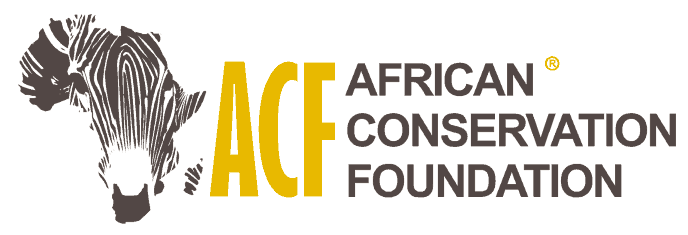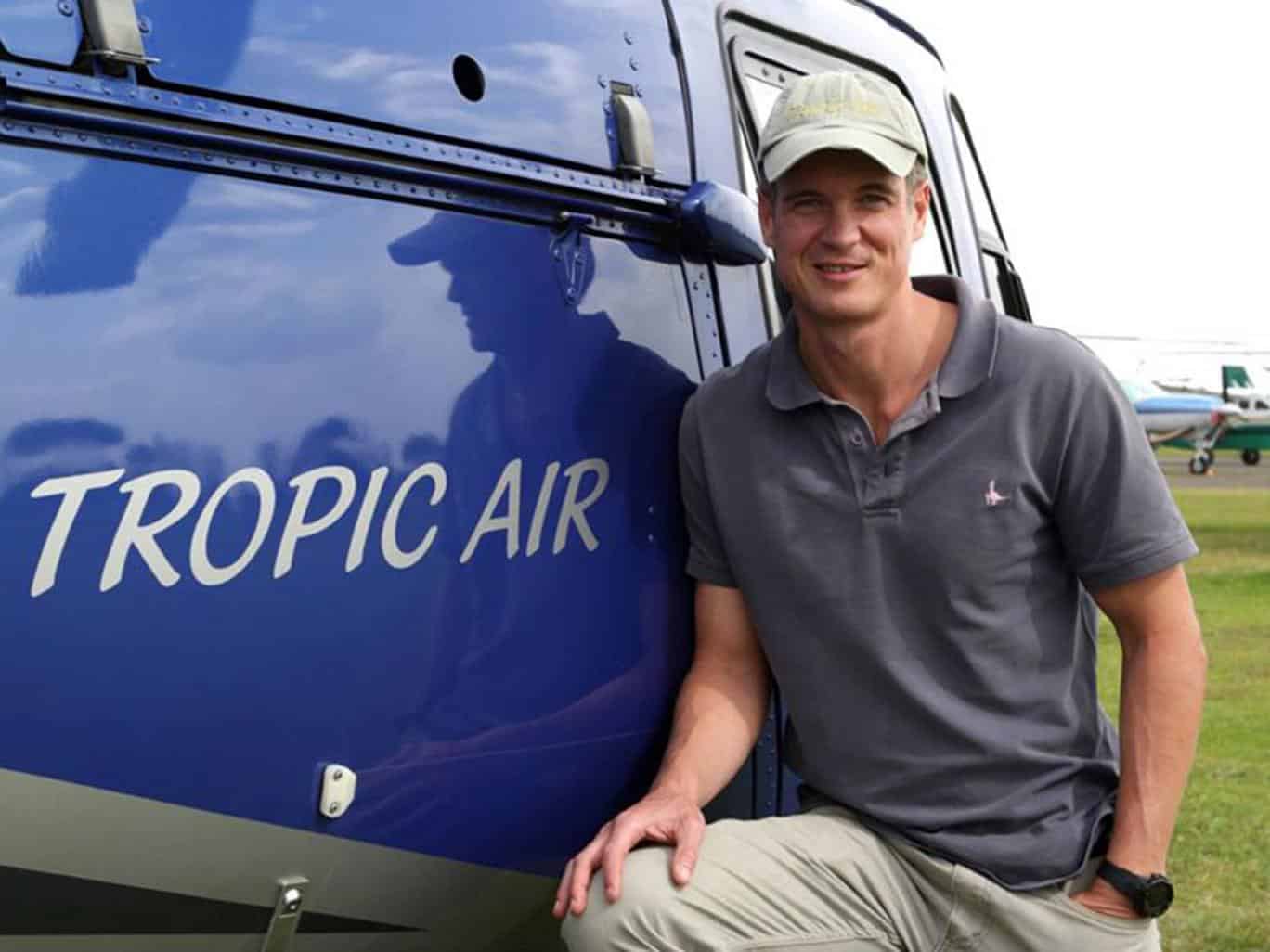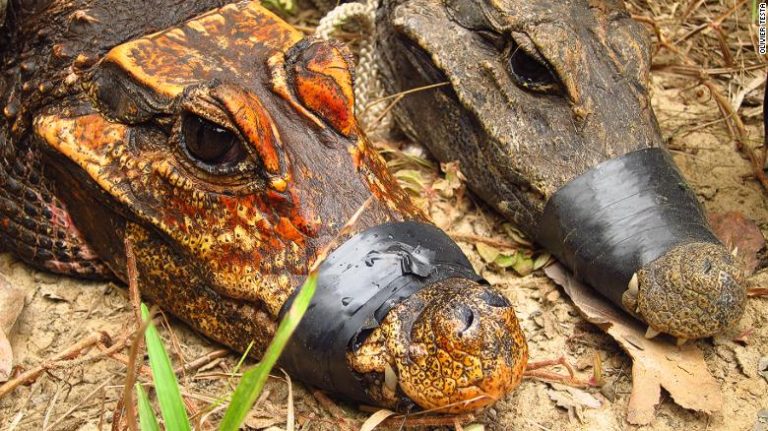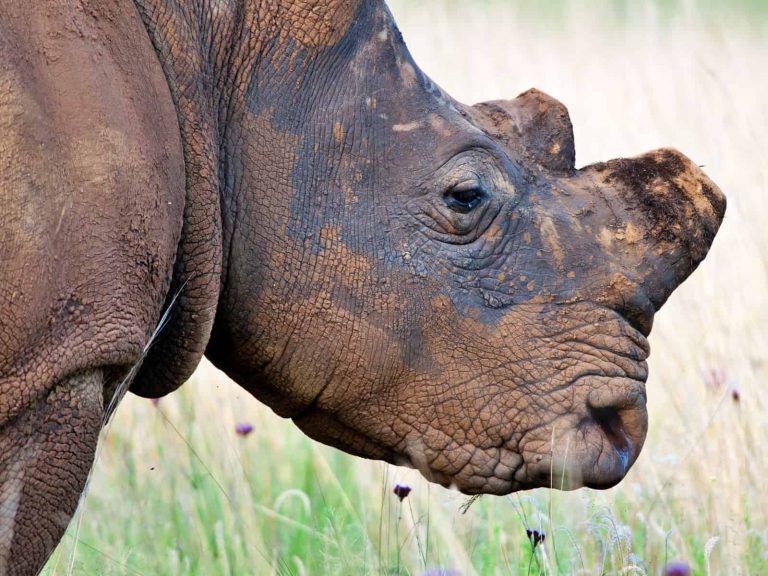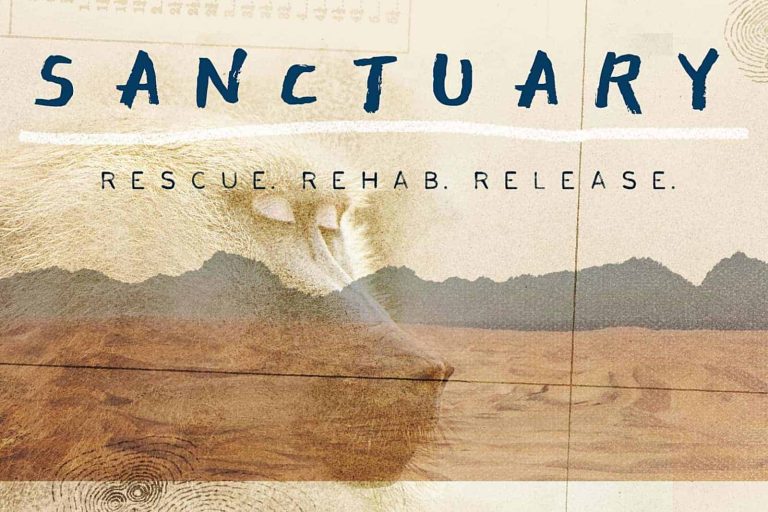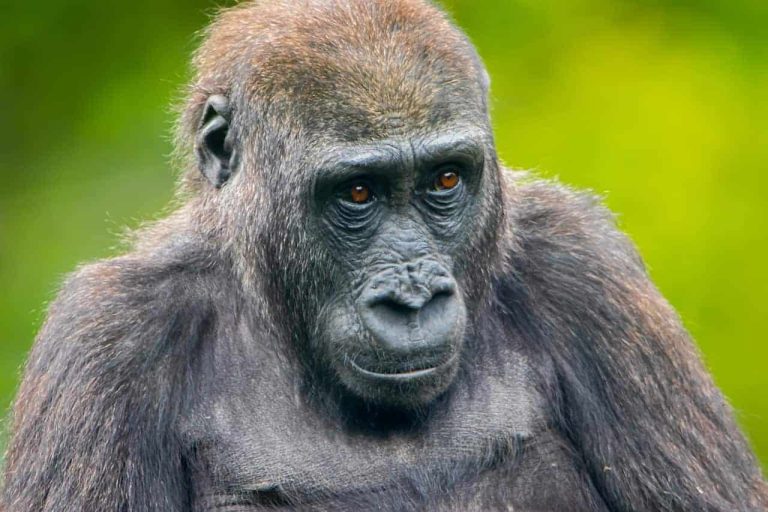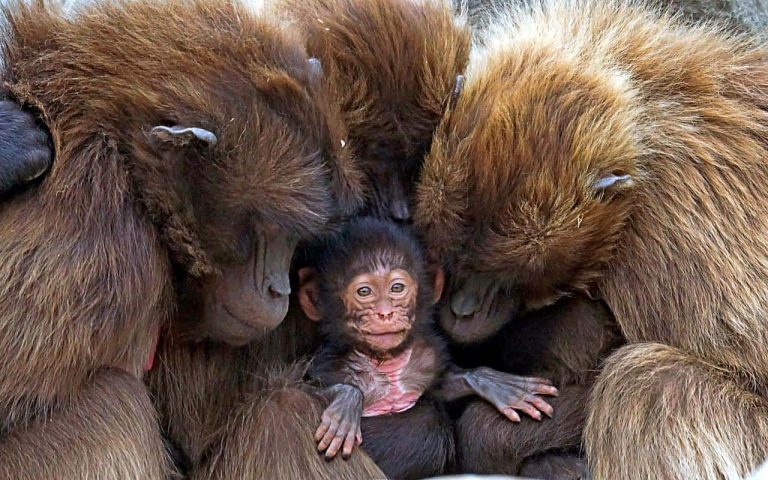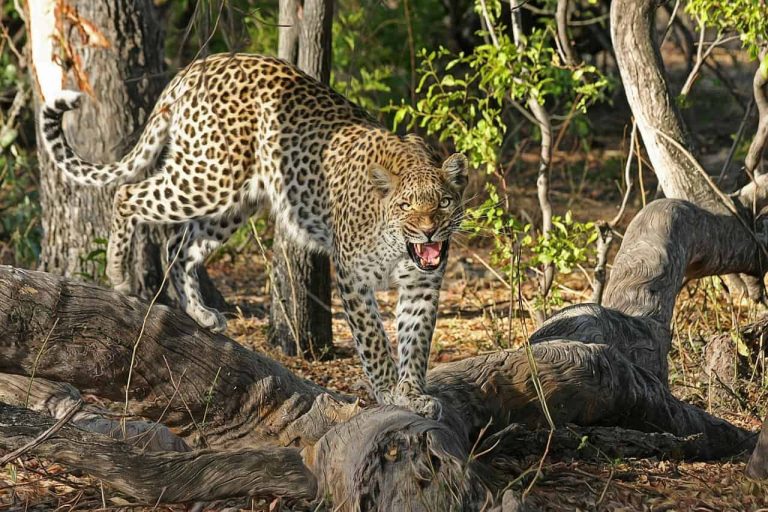British Pilot’s Murder Highlights Anti-Poaching Issues In Africa
A heinous crime: cowardly, from start to finish. Capt. Roger Gower, 37, a British pilot, was shot dead as he flew a helicopter during a co-ordinated effort with Tanzanian conservationists tracking elephant poachers on 29th January this year. He was flying low whilst investigating the slaughter of three elephants when he was hit.
It was a calculated murder. He was piloting the helicopter when he was shot down with a single bullet, not as believed from an AK 47, but from a 458: a gun typically used by poachers for shooting elephants. He was scrambled to help wildlife authorities to track the poachers in Maswa Game Reserve, near Serengeti National Park – a hotspot for elephant poaching – when he was fatally wounded. A colleague, heroically, managed to crash land the helicopter but sadly Capt. Gower died before a rescue team could reach him. Pictures from the crash site clearly show a bullet hole through the pilot’s seat which entered from the floor. The survivor was being treated for shock and minor injuries.
Capt. Gower, a former accountant before qualifying as a pilot in 2004, moved to Africa about two years later and worked with a helicopter safari company. According to his former employer, he also supported the British Army on exercises in Tanzania. He had been working with the Friedkin Conservation Fund where Founder, Dan Friedkin, said the organisation was “profoundly saddened by the loss of our dear friend”. He had spotted three dead elephants and was circling after spotting a suspected cache of ivory when one of the poachers “jumped out of the bush” and fired on his helicopter, commented Pratik Patel, another colleague at the Friedkin Conservation Fund.
A man admired
Conservationist group Wildlife At Risk International posted pictures of the wreckage to Facebook, saying: “We are shocked by this unbelievably sad news and we extend our condolences to the family, friends and colleagues of Capt. Roger.
Roger was a man admired by colleagues and much-loved by friends and family. His death cannot be forgotten and his murderers must be brought to trial to face the crimes they have committed as soon as possible.
Dan Friedkin said Roger’s work needed ‘honouring’ and he was committed to “ensuring that those responsible for this attack are found and brought to justice. We believe that Roger can best be honoured by redoubling our commitment to protect elephants and our priceless wildlife heritage.”
Capt. Gower had been keen to make a difference in a country where the elephant population had dwindled from 110,000 in 2009 to a little over 43,000 in 2014. “Roger was very, very active. He was very passionate about Africa. He loved Tanzania ,” said another colleague. “He was very keen on making a difference and helping and combating the poaching crisis.”
Tanzanian politician Lazaro Nyalandu tweeted Mr Gower’s killers were “coward, evil and sad people”.
Men arrested
Since Friday, Government Officials state five men have been arrested, shortly after the Tanzanian President Magufuli announced that he would make sure the murderers were found and brought to trial as soon as possible. His comments have come under fire but I see no reason to question him based on what he has spoken publicly previously. They included, reportedly, the person who supplied the ammunition and a person who provided accommodation for the poachers in the reserve near Serengeti National Park in the country’s north.
Efforts are still going on in Tanzania to track others suspected of being involved with the continued help from the Friedkin Conservation Fund who helped capture the five.
Eradicating Poaching
It is heart-rending that it takes incidents such as this to highlight the atrocious risks and frightening costs of protecting not just Tanzania’s, but Africa’s, wildlife that diminishes at an alarming rate every day.
Tragic incidents like this cloud the colossal efforts of several organisations and charities fighting to stop poaching in the northern regions of Tanzania. Tanzania has lost 60% of its elephants in just the last five years. Whilst their efforts tend to focus on protecting animals slaughtered for body parts to be sold in lucrative markets, efforts must now surely be upped in protecting those desperate to stop the poachers. Rangers are exposed daily to disturbing scenes of poached carcasses of elephants, rhinos, various cats and zebra amongst others. These grisly finds are a frustrating reminder of failure and the worrying plight of many species. A ranger’s pay and support is not always adequate in some countries but still they work unyielding to protect and save the lives of the animals in their regions.
Whilst this is the first incident of poachers shooting at our aerial surveillance patrols in its seven years of operation, it isn’t the first crime in seven years against conservationists in the country: last year, Emily Kisamo, head of Tanzania National parks’ head of anti-poaching was murdered. Whilst mean have been charged the reasons behind the murder are not clear. In 2014, for reasons unknown, a helicopter donated to the Tanzanian government to support anti-poaching, crashed, killing four.
In 2014, it was reported: ” Worldwide, about two rangers are killed every week ,” said Sean Willmore, president of the International Ranger Federation and founder of the Thin Green Line Foundation, a charity that trains rangers and supports the widows of those killed in the line of duty. “But that’s only partial data,” he adds. “It could be double that amount.”
The same year, retired US military officials and top diplomats urged African governments to increase the fight against illegal poaching amidst claims that poaching funded criminal and terrorist organisations; any determination to do so since where not enough to prevent this sad and tragic crime. Whether or not this is also the case in Tanzania isn’t clear but other questions must also be asked: how are these poachers acquiring the means to procure AK 47s and other weapons? The answer lies in the organised crime units operating in Africa. Whilst the poachers tend to come from local villages with knowledge of the environment and animals being poached, the export and intermediate trade is masterminded by much more dominant and affluent crime units. Conservationists have since said that extreme violence is a common feature of poachers who are often allied to terrorist groups such as al-Shabaab and Boko Haram; they use the funds from ivory sales to fund their operations.
Statistics like the one claimed by Sean Wilmore show a very exigent need to put into practise plans suggested in 2014 before another pointless and tragic death occurs. This isn’t just an African problem; it is a world-wide one! Many great charities and NGOs are doing as much as they can to tackle such problems but it isn’t just their responsibility. These organisations rely on private funding when a large proportion of their sources should be coming from governments who cannot afford to do their bit; this puts at risk their economies in years to come when tourists no longer visit countries to view game that no longer exists!
Certainly it appears there is enough evidence of organised crime being funded in Africa with poaching operations being hailed the new ‘blood diamonds’ of Africa now several insurgent groups are being accused of having a hand in poaching to raise funds for weapons whilst poachers become more sophisticated. State-sponsored anti-poaching patrols are outnumbered and outgunned . This makes eradicating them somewhat more difficult until the funds being used for and by poachers are cut. Permanently. How could this happen before another tragic murder occurs? It’s a question that needs answers now.
The Friedkin Conservation Fund has been working with the Tanzanian government agencies across six reserves it operates in to respond to what was described as an explosion of an “industrial scale” in poaching in the last few years, driven by demand from Asia and increased human population. Poaching for meat, ivory, fish, timber and illegal cattle encroachment are threats encountered daily across the countries network of national parks and game reserves. They have sixteen anti-poaching teams functioning across six reserves mobilised by a variety of vehicles. However, there are a further ten parks and reserves whose anti-poaching methods need further support, too.
FCF believe there are several things that could be done across Tanzania to answer the above question: a more coordinated and pro-active anti-poaching effort between the Government agencies and all the stakeholders (photographic & hunting operators). By increasing the numbers of well-trained ranger units in the field across Tanzania’s parks and reserves, they would be able to better protect the wildlife and deter poaching through a year round 24/7 presence. They believe it is a battle they cannot win alone. An increase in light aircraft and helicopters for aerial surveillance would also be exceedingly beneficial but to do this would mean more independent funding as it is beyond the government’s means.
It is shocking that the current penalties for poaching are a system of fine and short jail sentences for poaching offenders. This is hardly the deterrent desperately needed to reduce poaching. Alongside this, a reward system for information leading to arrests or confiscation of weapons is a great idea suggested by Andy Payne at FCF – with communities surrounding the reserves benefiting from compensation for information. As well as this, foreign and Tanzanian government cooperation on clamping down of illegal ivory leaving the country is not beyond the government’s means. If Magufuli wants to cut down on corruption, this would be one place to start.
A further change could be to implement the coordination of more wildlife authorities and organisations across Tanzania and in the neighbouring countries. The wildlife population in most other areas in Tanzania is poorly protected. As an inevitable consequence, poachers are turning to our wildlife reserves because that’s where the wildlife is abundant: it is relatively safe and secure in their natural habitat. It is this extreme pressure that puts brave young people, like Roger Gower, in danger. ‘This is a risk we have to accept when confronting armed poachers in the field,’ said Andy. It is a terrible acceptance they make. Help from fellow conservation organisations, such as Honeyguide Foundation, in coordination with the Tanzanian wildlife authorities, is desperately needed to fulfil responsibilities to protect the wildlife under their stewardship.
Enter Tac Trac, one such organisation based in South Africa who run projects aimed at eradicating poaching. Marcus Rangers and his team, along with Rosie Plaia from Different Rhythm, are currently developing a new initiative: Project Thin Green Line, to work towards this vision. In the future, hopefully Tanzania, and other countries in Africa who struggle with poachers, will also benefit from Tac Trac’s amazing work. However, organisations, like Tac Trac, Honeyguide and the FCF, operating in Africa, cannot be expected to solve the problem of poaching alone. Util more support is offered, crimes against rangers will continue across the African continent and the rest of the world.
What you can do
Roger’s brothers, Max and John Gower, are raising £50,000 to help anti-poaching efforts in Tanzania because some good should come out of Roger’s tragic death. Please donate here:
